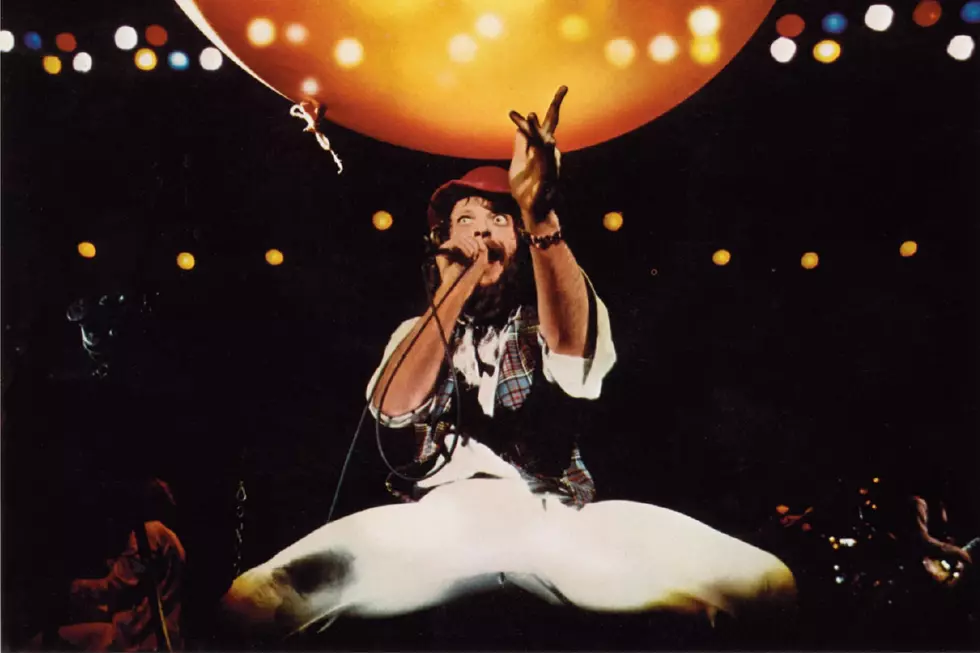
How Jethro Tull Discovered Their Sound on ‘Stand Up’
Though it's not their first album – that would be This Was, from the year before – Stand Up represents the moment when Jethro Tull were born. Released on Aug. 1, 1969, this project found Ian Anderson molding the band's sound to reflect his personal, highly original and idiosyncratic musical vision.
Before, Anderson had collaborated more extensively with now-departed guitarist Mick Abrahams on This Was, and even had a brief partnership with Black Sabbath guitarist Tony Iommi, in early '69. As Anderson began to fully assert his leadership, however, Jethro Tull headed down the path towards progressive rock greatness.
A single listen to Stand Up is enough to marvel at its confident eclecticism, one that saw Ian Anderson taking inspiration from numerous sources: Led Zeppelin for the post-blues heavy rock riff-crunch of "A New Day Yesterday," "Nothing is Easy" and "For a Thousand Mothers"; Roy Harper for the eccentric folk of "Look into the Sun" and "Fat Man"; and others on "Back to the Family" and "We Used to Know."
Elsewhere, there were even more exotic experiments in classical (the beautifully scored "Reasons for Waiting"; Bach's rearranged "Bouree") and world music (see "Jeffrey Goes to Leicester Square," where Ian Anderson plays a Russian balalaika). New guitarist Martin Barre, who'd eventually become the only consistent member of Jethro Tull's ever-evolving lineups over the years, joined a standing rhythm section of Glenn Cornick and Clive Bunker in creating this whirlwind of sound.
Listen to Jethro Tull's 'Look Into the Sun'
Through it all, the only consistent threads were Ian Anderson's quirky, elliptical lyrics, distinctive vocal affectations (worlds away from his tentative croon on This Was) and, of course, his ever-more present flute – which soon became a signature part of the Jethro Tull legend.
Fans responded, sending Jethro Tull to the top of the U.K.'s album charts for the first time. Stand Up also reached the Billboard Top 20, signaling a new era of creativity and success. Seven straight Tull albums, beginning with this one, would reach at least gold-selling status in the U.S.
See Jethro Tull Among the Top 100 Albums of the '70s
More From Ultimate Classic Rock









